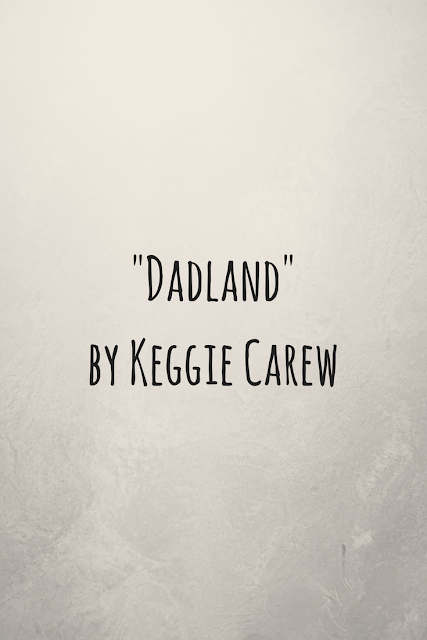I love it when I'm expecting a book to be a bit rubbish, but then I end up totally into it. Cousin Henry, originally published in 1879, looked completely dry. The jacket was dull, the title is dull, and the opening wasn't exciting either. BUT, I powered through and it ended up being a very insightful look into the idea of primogeniture and why it's flawed.
Isabel Brodrick had been living with her elderly uncle Squire Indefer Jones. After the death of her mother, Isabel found herself an unwelcome extra mouth to feed in the household of her father and step-mother, but since living with her uncle, she felt nothing but loved.
As he grew older and more unwell, the squire knew that he needed to solidify his will. But there was one key problem. A man of tradition, Indefer Jones wanted to pass his estate down to the next male successor in his line, and keep it under the Jones name. However, he also loved his niece as a daughter, and knew deep down that it was right to give it to her. Indefer made a series of wills, changing his mind in each one. At the point of his death, it appears as though Indefer's left everything to Henry, but two of the men living on the land swear they were witnesses at the signing of a more recent will, leaving everything to Isabelle.
The main problem is that Indefer's heir is Cousin Henry. And he's a bit of a prick. Henry cares for himself and himself alone. He's a shit landlord, he's an awful master to the servants in the house, and he didn't even care about his late uncle. Isabel embodies everything that Henry's not. She would make an excellent landlord with her knowledge of the land and good business head.
This book challenges gender norms and the way society was constructed way back in the late 1800s, which is just incredible. Readers are shown that 'what if' that surrounds the idea of what would happen if you passed your land down to a shoddy heir. Isabelle is a strong woman, who is treated wrongly at every turn and holds her own. Emotionally abused by her stepmother, ignored by her father, wrongly disinherited by her cousin, she still refuses to agree to marry the man she loves because she wants to be independent before she does so.
If you want to read a classic that challenges some of the norms that Dickens and Austen would normally gloss over, then this is a great one to go for!



